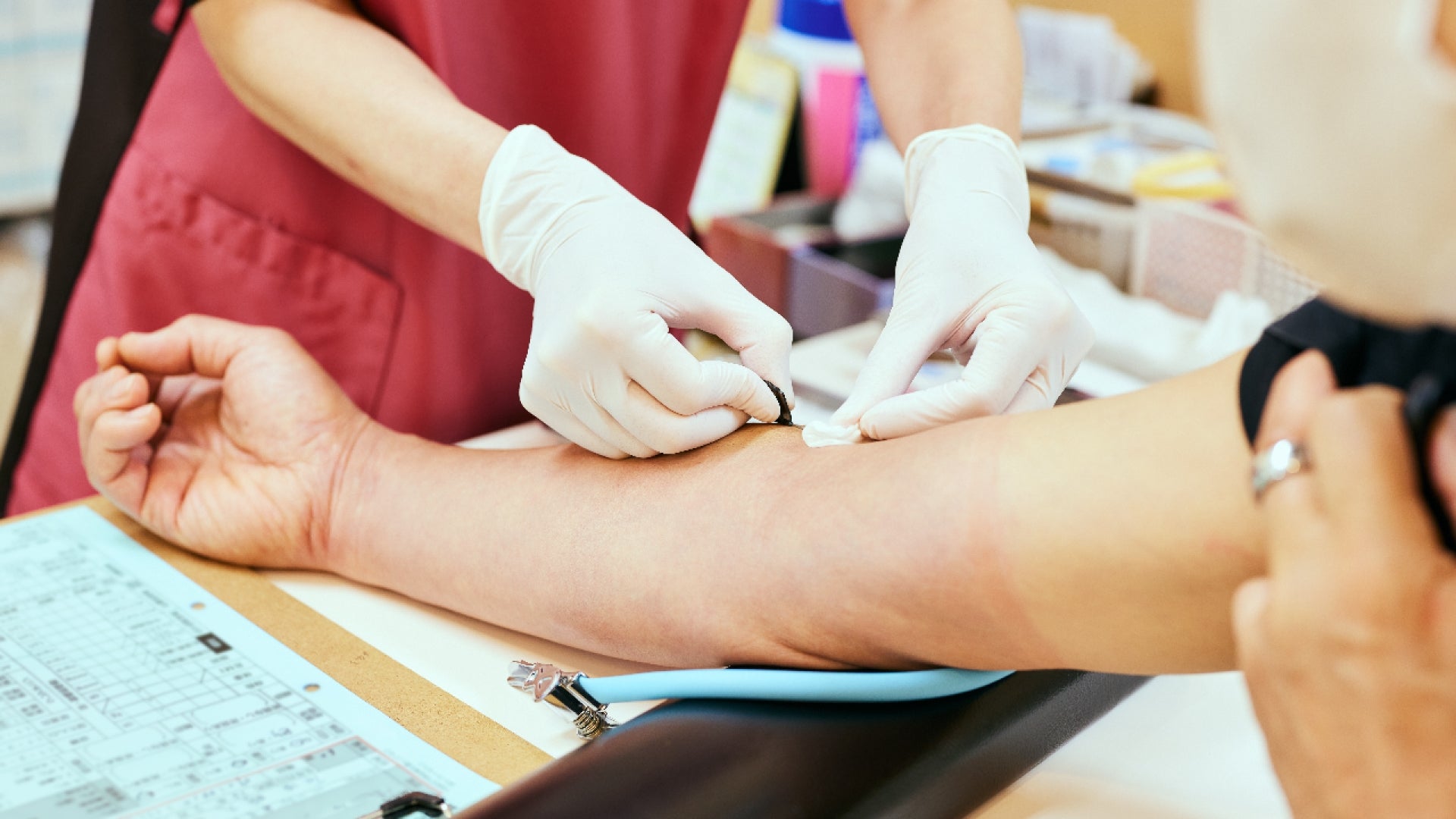
The final push to end the blanket bans on sexually active gay and bisexual men donating blood is expected to happen early next year.
The Advisory Committee on Blood and Tissue Safety and Availability (ACBTSA) is expected to vote on the federal ban at their spring meeting after they are able to look over the data collected by the ADVANCE Study, funded by the Food and Drug Administration, reported CBS News.
“This committee has played, and will continue to play an active role, in deferral policies. At the spring ACBTSA meeting next year, the committee will likely vote on a recommendation, after reviewing the data from the Advance Study,” a spokesperson for the Department of Health and Human Services told CBS News.
The Biden Administration announced the FDA’s support in the ADVANCE study as a way to address Human Immunodeficiency Virus (HIV) stigma and discrimination by ensuring new policies are founded in science rather than stigma.
Current FDA regulations state that male donors that have sex with other males (MSM) are to be turned away if they have had sex with another man three months prior to donating.
This regulation changed during the pandemic due to decreased blood supply. The prior regulation was a 12-month time period between a man having sex with another man and them being eligible to donate.
The Assessing Donor Variability and New Concepts in Eligibility (ADVANCE) study has collected data from 2,000 gay and bisexual men between the ages of 18-39 in various different states, according to the study website.
This data was collected in an effort to assess if the donor history survey would be more effective at reducing HIV in the blood supply if it was based on individual risk rather than the current time-based deferral.
“The ADVANCE study is groundbreaking because it’s the first time a study is being conducted that could result in individual risk assessment for men who have sex with men to donate blood,” according to the study website.








